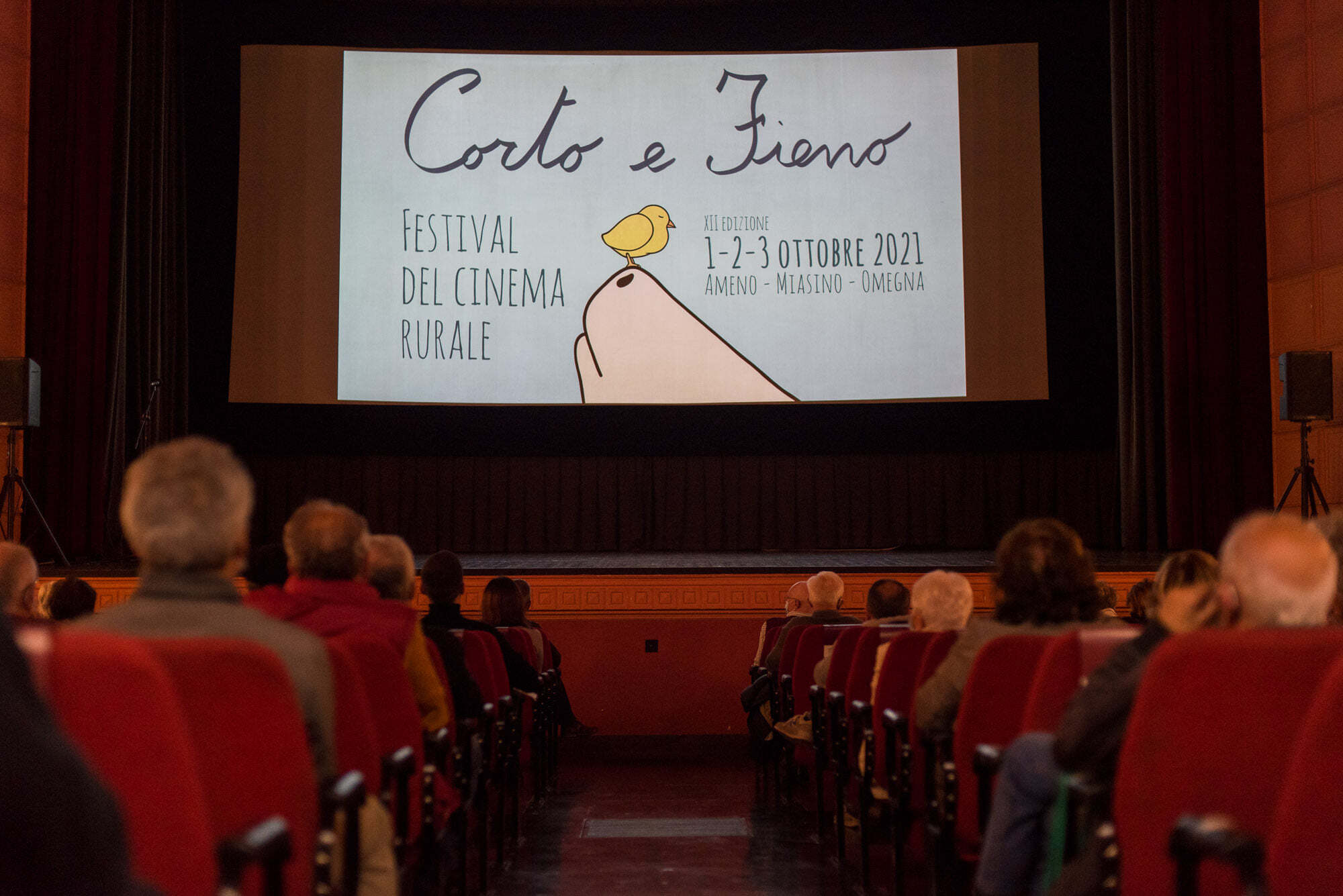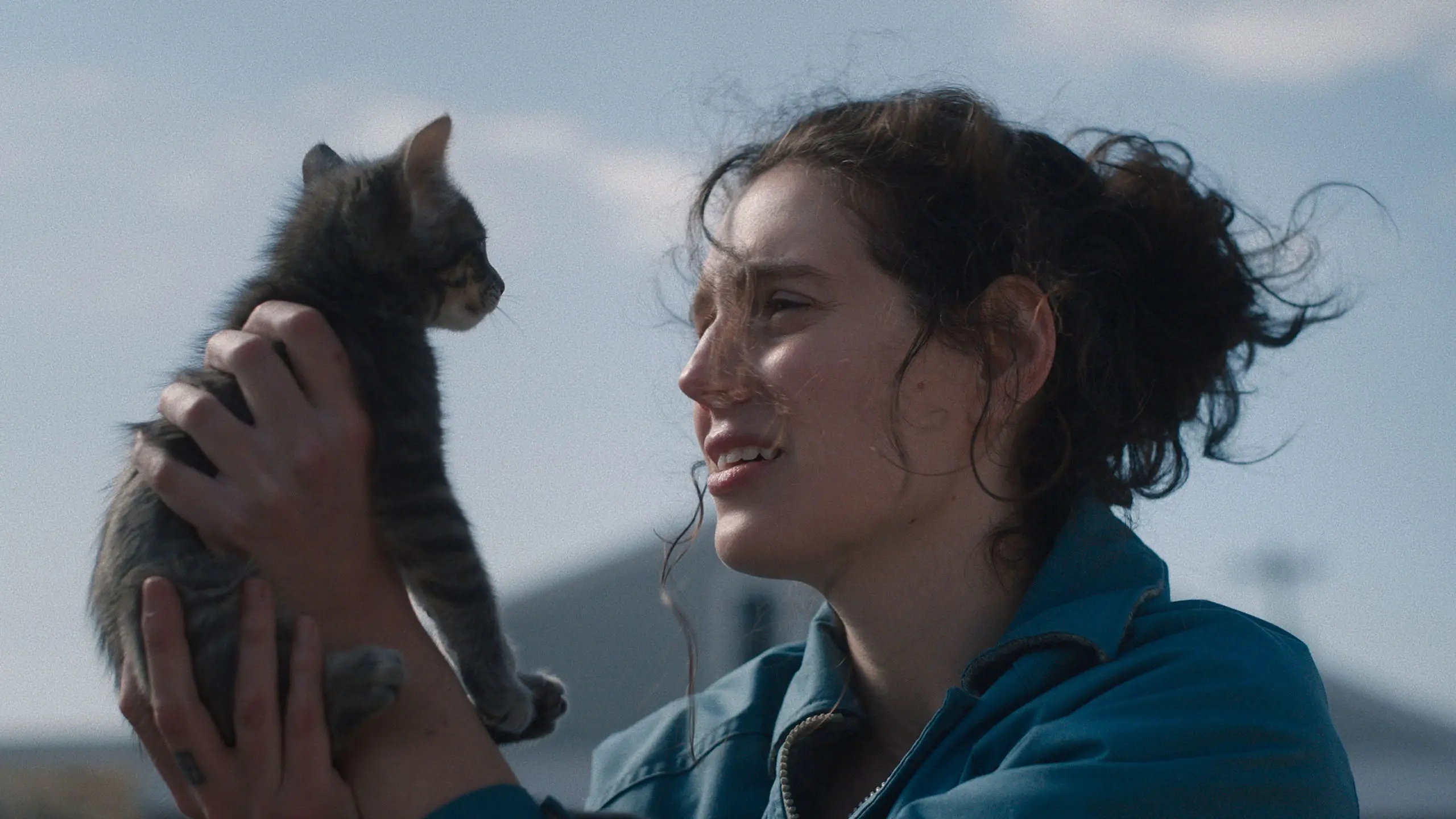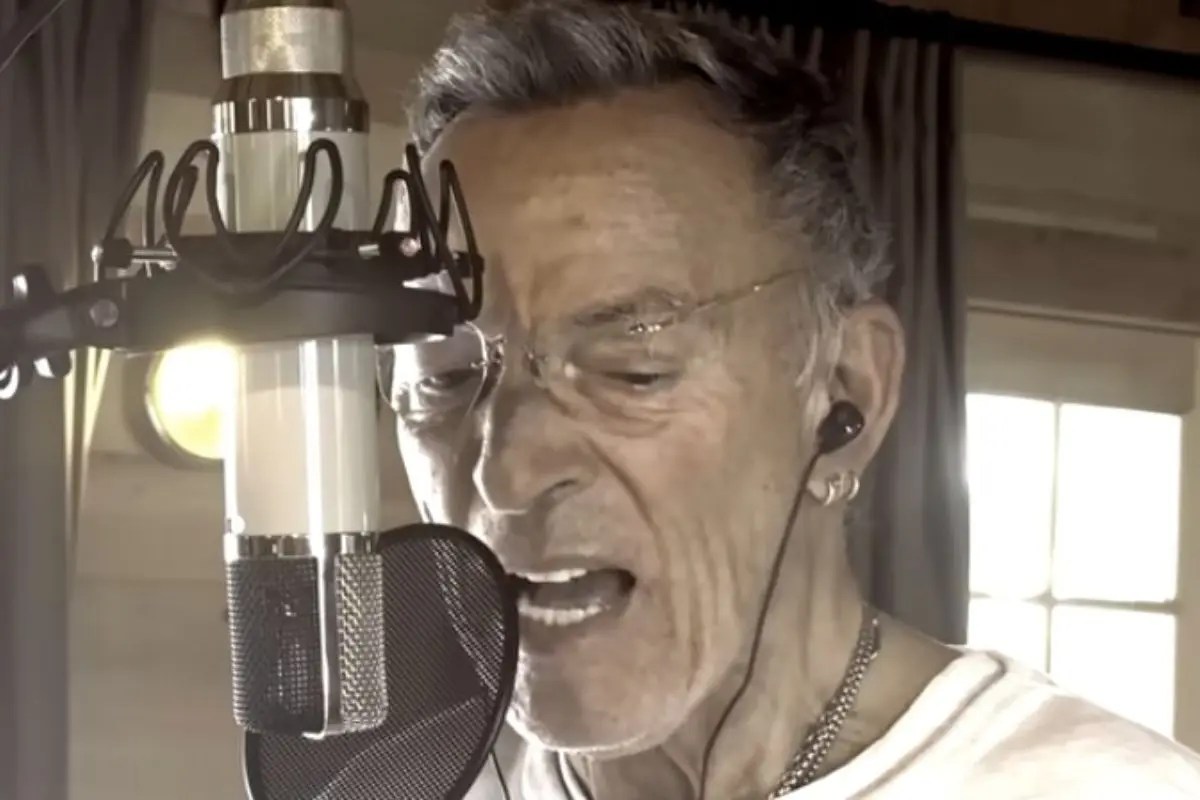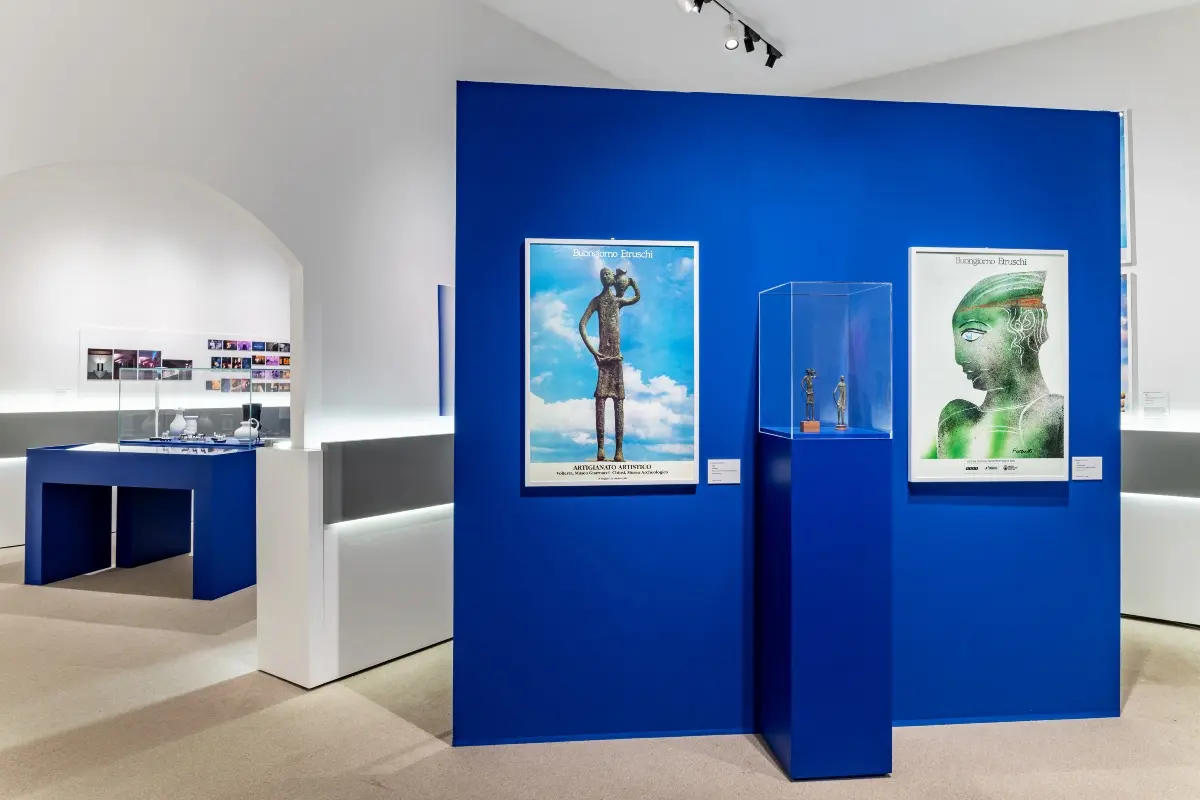
Corto e Fieno – Rural Film Festival originated in 2010 from the idea of creating a connection between cinema and bucolic world. More than half of the Italian population can attest to having ancestors who were farmers. Just after the ‘sixties many people decided to move to cities and devoted themselves to industry.
Organized by Asilo Bianco, Corto e Fieno chose the form of short films to bring the audience back to its bucolic origins. Cinema becomes an ethical choice to spread culture while imparting a realistic portrayal of the rural world in different societies. The festival doesn’t only want to allow people to learn about different cultures, countries, and issues. It also aims to transmit the idea of a world worth preserving and fighting for.
How it began…
Artistic directors Paola Fornara and Davide Vanotti cultivated the festival as if it were a lush field. Screenings take place in different locations around Lake Orta, in the north of Piedmont: Cinema Sociale (Omegna), Villa Nigra (Miasino) and an ancient barn now restored to host the Museo Tornielli (Ameno). But before the Covid-19 pandemic, some movies were shown in cowsheds and vegetable gardens, too.
There are two main sections for the films: Frutteto (Orchard) for live-action short movies, and Germogli (Sprouts) for animated short movies. They both bring to the screen stories about mankind and the countryside, but also mountains, sea, woods, animals and legends. Some of them are documentaries and interviews, but there are fictional films, too.
… and how it is now
The festival takes place every year on the first weekend of October. In 2021, it started on Friday, the 1st of October, with Joost van der Bosch’s Inkt, and ended on Sunday, the 3rd of October with Ciaran Crudden’s The Lost Pig. Sunday afternoon was dedicated to a very special section: Sempreverde (Evergreen), curated by the international critic Bruno Fornara. Each time he chooses a movie dealing with rural themes which have left their mark on cinema history and deliver a lecture while screening: he selected Aleksandr Donženko’s Earth.
2021’s edition brought a great return, the section Mietitura (Harvest), with the Academy Award-nominated documentary Honeyland by Tamara Kotevska and Ljubomir Stefanov (North Macedonia, 2019). Other collateral events were workshops for children about beekeeping, drawings, film interpretation, juggling and creative recycling. Moreover, all day long it was possible to buy organic honey and food from local producers.
2021 successes
Jury members of this XII edition were cultural planner Ludovica Gallo Orsi, director and illustrator Elena Beatrice, documentary film director Francesco Clerici and cinema student Cristian Cerutti. They watched and evaluated movies from all over the world, from Lebanon to Russia, from Norway to Colombia and Canada. They assigned six awards: Golden Rake (Best Short Movie) went to Three Meetings of the Extraordinary Committee (Jones, UK, Bulgaria 2020), while Du Iz Tak? (Galen Fott, UK, 2018) won the Golden Watering Can (Best Animated Short Movie).
Golden Hoe (Special Jury Prize) was assigned to Mars, Oman (Vanessa Del Campo, Belgium, 2019), SAME Prize (dedicated to innovation in farming) to Servis (Ramazan Kılıç, Turkey, 2019) and Best Beast Award to Sopravvissuti all’Homo sapiens (Paolo Rossi and Nicola Rebora, Italy, 2021). Asilo Bianco gave his prize to Sparkekoret (Torfinn Iversen, Norway, 2020) and the audience awarded Barê Giran (Yılmaz Özdil, Turkey, 2019) the Golden Spade. After the three days of screenings, Corto e Fieno will take the rural film festival to other special locations. The first one will be Gravellona (VB) library, but other events still to be announced will take place in Cascina Cuccagna (Milan), Valcamonica (Lombardy) and Val d’Ossola (Piedmont).









